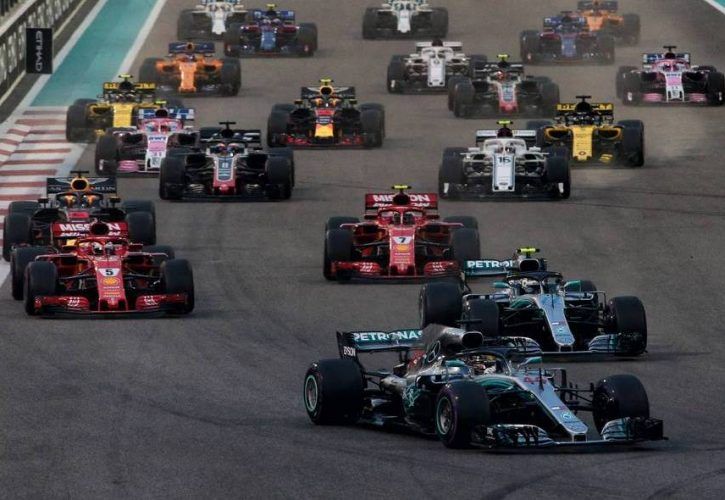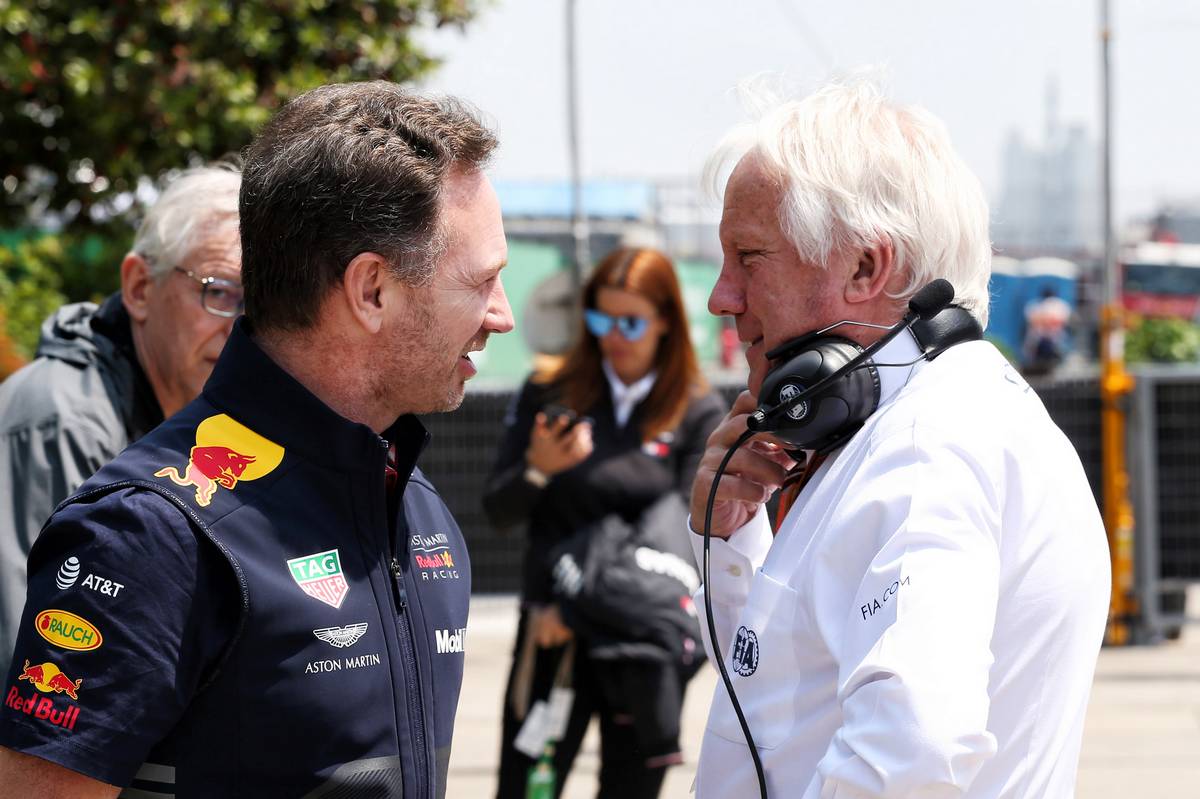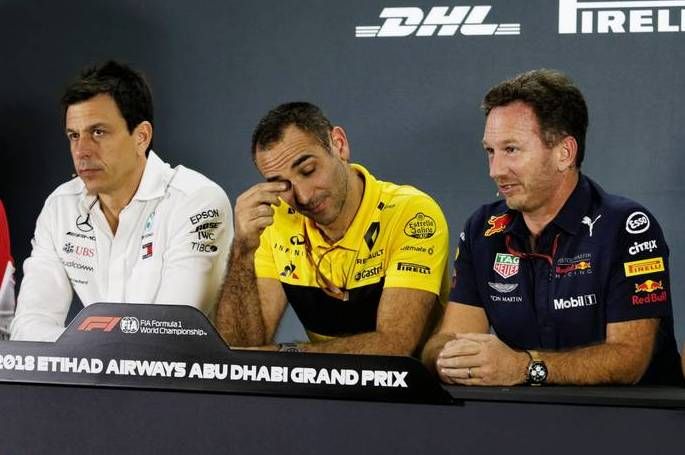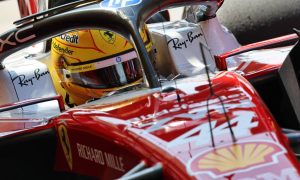
Red Bull Racing team boss Christian Horner believes a poorly written or policed budget cap could hand a big advantage to Formula 1's manufacturer teams.
While everyone agrees to the necessity to rein in spending in Formula 1 from 2021, the means by which costs must be cut remains the subject of ongoing discussions between the teams and the sport's managers.
Horner argues that manufacturer teams, which are mere subsidiaries of automotive companies, may have the ability to circumvent spending restrictions by shifting specific costs outside of their racing teams.
The Brit simply wants a fair system, although he admits that regulating a cost cap could prove a very difficult exercise.
"What is incredibly important for Red Bull is that we are afforded the same opportunities as our competitors like Ferrari and Mercedes," said Horner.
"We believe we have earned that in the time that we have been in F1, and it is vitally important that any financial restrictions that are bought into the sport are on a fair and equitable basis, and are not in any way discriminatory against any one team.
"Financial regulations and governance is an extremely hard thing for the FIA to police fairly, and we are waiting with interest to see how they propose to do that."
One proposition currently under consideration by Liberty Media and the teams - according to reporting from Motorsport.com - is the possibility of defining a double set of cost cutting measures: one applied to the independent teams and one to which the manufacturer teams - namely Ferrari, Mercedes and Renault - would be forced to comply.

Horner isn't sure however that such an approach would ensure a fair playing field with regard to spending restrictions.
"I don’t think there is any team in F1 that would not like to see its cost base go down," added the Red Bull team boss.
"You are not going to be able to reduce everyone’s costs to that of Sauber, so there is going to have to be a midway point.
"There is going to have to be a compromise at some point – that ultimately the big teams aren’t happy with and the small teams aren’t happy with. And that is a true compromise."
As Horner elaborates on the potential issues he foresees, Mercedes and all its corporate might is clearly on his mind.
"What is crucial in that is that the way time is apportioned, that activities cannot be hidden through other group activity – like if you have a Formula E team, if you are part of an OEM, or if you only report one set of accounts.
"Of course that doesn’t apply to seven out of the 10 teams, but for the three at the sharp end at the moment, it is a significant competitive advantage if one team were able, through the application of the regulations, to have an advantage."

Horner concedes that Liberty Media has its work cut out to come with a solution to which all will agree, and therefore suggests an alternative.
"It is a very difficult one for them to get their arms around totally: how on earth do you do that?” he asks.
"Mercedes today have people who are employed through certain dealerships that are working on their F1 programme. How do you police that?
"That is why I think it is important to take the pressure away from the cap, and have it more through the amount of upgrades, the types of parts, proscriptive design, standardisation, areas that are benign. Why not?"
Gallery: The beautiful wives and girlfriends of F1 drivers
Keep up to date with all the F1 news via Facebook and Twitter






